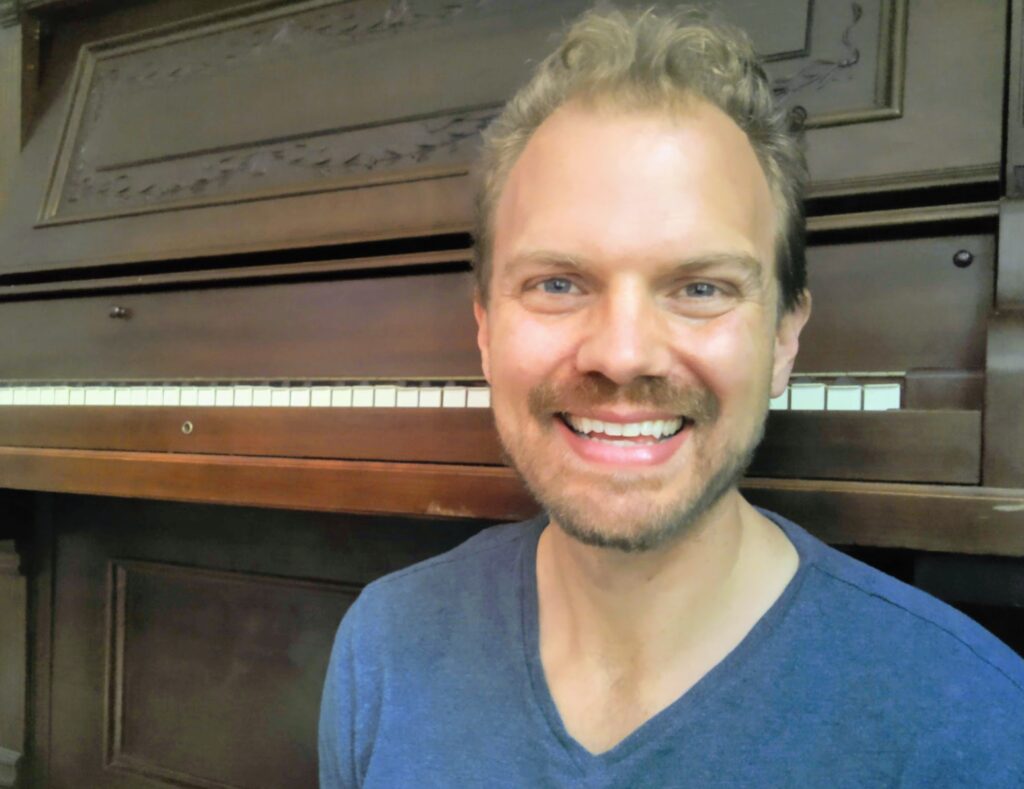I tell my students all the time that they have to understand singing through their messy, creative, childy, story-mind before they can understand it with their empirical, ordered, Erlenmeyer flask brain. It’s true in the act of creating that we are using an intelligence that has been devalued by the post-enlightenment culture we live in.
We are praised, win awards, and get good grades for memorizing things, synthesizing the information into theses and supporting paragraphs, and demonstrating our mastery of formulas and facts. That = wickett smaht.
But I’m beginning to trust this/these other type(s) of smart that are not so encouraged when we’re doing the school thing: the hunches, the automatic knowing of something–not sure how it arrived, but just knowing it’s authentic. The land of story and image and symbol.
The symbol of brain himself, Albert Einstein, said those famous words:
“Imagination is more important than knowledge. For knowledge is limited to all we now know and understand, while imagination embraces the entire world, and all there ever will be to know and understand.”
Imagination. Image, from Latin imago. Then verb-ified to imaginari, “to form a mental picture to oneself.” Old French has it as imaginer, which is “to sculpt, carve, paint, or embellish,” actually bringing the image into the physical realm.
Genesis reads that we are made in the image of God. Tomes have been written on that one sentence, of course. But I believe the ability to image-ine is a connective aspect of that image-gifting that touches everything we are.
Even the pedestrian words we say in everyday conversation are born out of imagination; they create our environment. Think back to a moment when you saw an angry altercation between strangers on the street. For me in such situations, the atmosphere changed to stingy, metallic caustic-ness.
Our words are power packets delivered out of our imaging gift. Any object we see in the world lived there first: a building, chair, car, corkscrew–all imaginari before they could be imaginer.
Imagination is a technology. It is good. I originally thought neutral, but no, I believe it is good. But the good then gets twisted. The human imagination that is capable of creating the Sisters of Charity is also capable of creating Auschwitz.
A great power that can find its expression in goodness and beauty or in a twisted, terrible distortion.
One of my favorite authors, Madeleine L’Engle:
“It is … through the world of the imagination which takes us beyond the restrictions of provable fact, that we touch the hem of truth.”
I want to trust this gift more and let it flow through, to be a creator every day, and choose to use the imagination God gave me to charge the atmosphere around me with joy, creativity, inspiration, beauty, and redemption.
With God’s help, I will.
